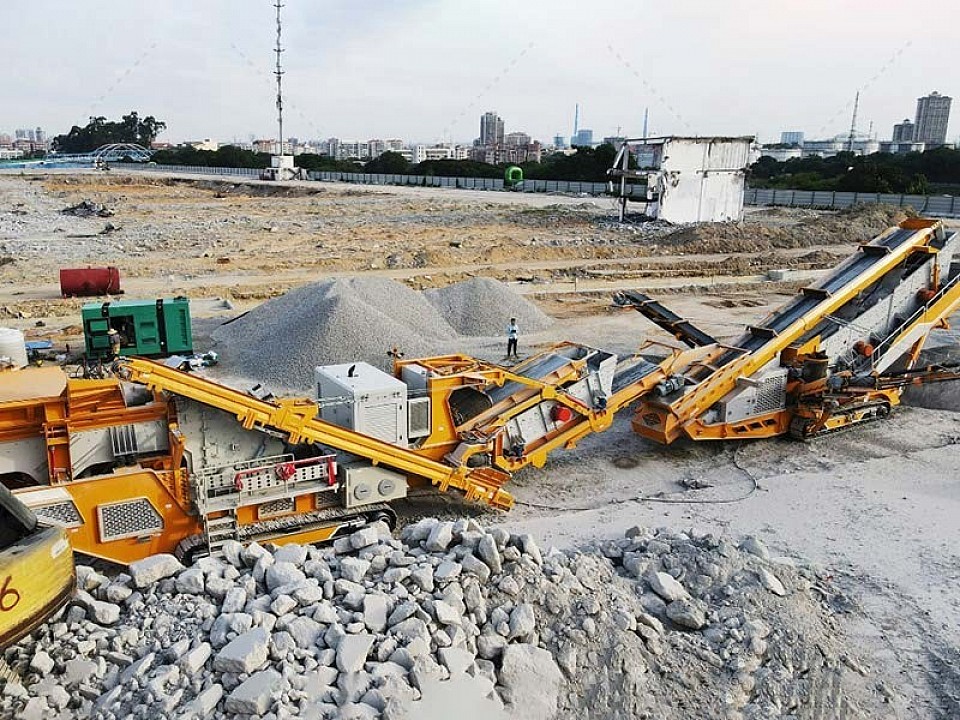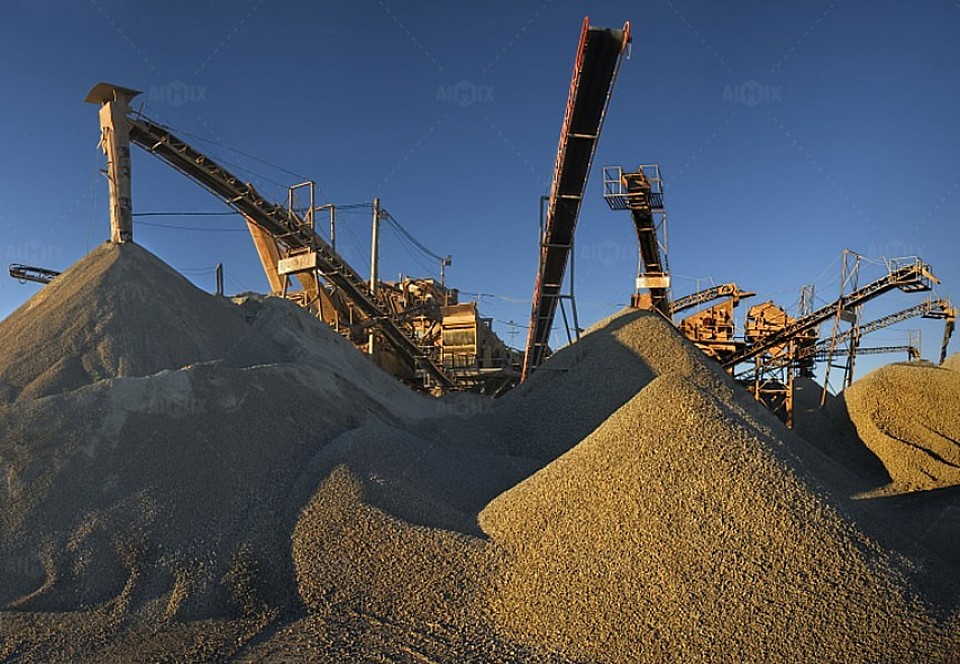Comparing Stone Crusher Plant Costs: Finding the Right Balance of Quality and Price
When investing in a stone crusher plant, the cost is often a significant consideration for businesses aiming to maximize their return on investment. However, the initial price tag of a plant should not be the only factor guiding the decision. It is essential to strike a balance between quality and stone crusher plant cost to ensure that the plant not only fits within the budget but also delivers long-term value. By analyzing the various elements that influence the overall cost and understanding how quality impacts operational efficiency and durability, businesses can make more informed decisions that ultimately lead to greater profitability.
Evaluating the Initial Investment: Price versus Features
The initial investment in a stone crusher plant involves more than just the purchase price of the equipment. While cost is a critical factor, it is also important to consider the features that the plant offers. Advanced features, such as automated controls, high-capacity output, and energy efficiency, often come with a higher price tag but can lead to significant cost savings in the long run. For instance, a plant with automated features reduces the need for manual intervention, which can decrease labor costs and improve safety on-site.
Furthermore, plants designed for higher capacity may seem more expensive initially, but they can handle larger volumes of material, thereby improving overall productivity. When evaluating the initial investment, it is crucial to weigh the cost against the features and potential benefits that the plant offers. This approach ensures that the investment is not only economical but also practical in meeting the specific needs of the business.
Understanding Operational Costs and Long-Term Value
The true cost of a stone crusher plant extends beyond the initial purchase price. Operational costs, including maintenance, energy consumption, and repair expenses, play a significant role in determining the plant's overall cost-effectiveness. High-quality plants, while potentially more expensive upfront, tend to have lower operational costs due to their durability and efficiency. For example, a plant that is built with high-quality materials and components is less likely to experience frequent breakdowns, reducing the need for costly repairs and minimizing downtime.
Additionally, energy-efficient plants can significantly reduce operating expenses by lowering energy consumption, which is particularly important in large-scale operations. It is also important to consider the availability and cost of spare parts, as this can impact the long-term value of the plant. A plant that requires expensive or hard-to-find parts may incur higher maintenance costs over time, making it less cost-effective in the long run. Therefore, understanding the operational costs and long-term value of a plant is crucial in finding the right balance between quality and price. Choose a quality plant with best price on AIMIX Group's website.
Balancing Quality with Budget Constraints
Balancing quality with budget constraints is one of the most challenging aspects of purchasing a stone crusher plant. While it is tempting to opt for the least expensive option, this approach can often lead to higher costs in the long term due to lower efficiency, increased maintenance needs, and shorter equipment lifespan. On the other hand, investing in a high-quality plant may stretch the budget but can offer significant returns in terms of reliability, performance, and overall cost savings.
It is important to consider not only the immediate financial impact of the purchase but also the long-term benefits that a higher-quality plant can provide. By analyzing the total cost of ownership, including initial purchase price, operational costs, and potential return on investment, businesses can make a more informed decision that balances quality with budget constraints. This approach ensures that the chosen plant not only meets immediate financial needs but also supports long-term business goals by delivering consistent performance and value.
In conclusion, comparing stone crusher plant costs requires a comprehensive evaluation of both price and quality. By carefully considering the initial investment, understanding the operational costs and long-term value, and balancing quality with budget constraints, businesses can find the right plant that not only fits within their financial means but also provides lasting benefits. This analytical approach ensures that the investment is sound, delivering the necessary performance and efficiency to support the business's growth and profitability.


